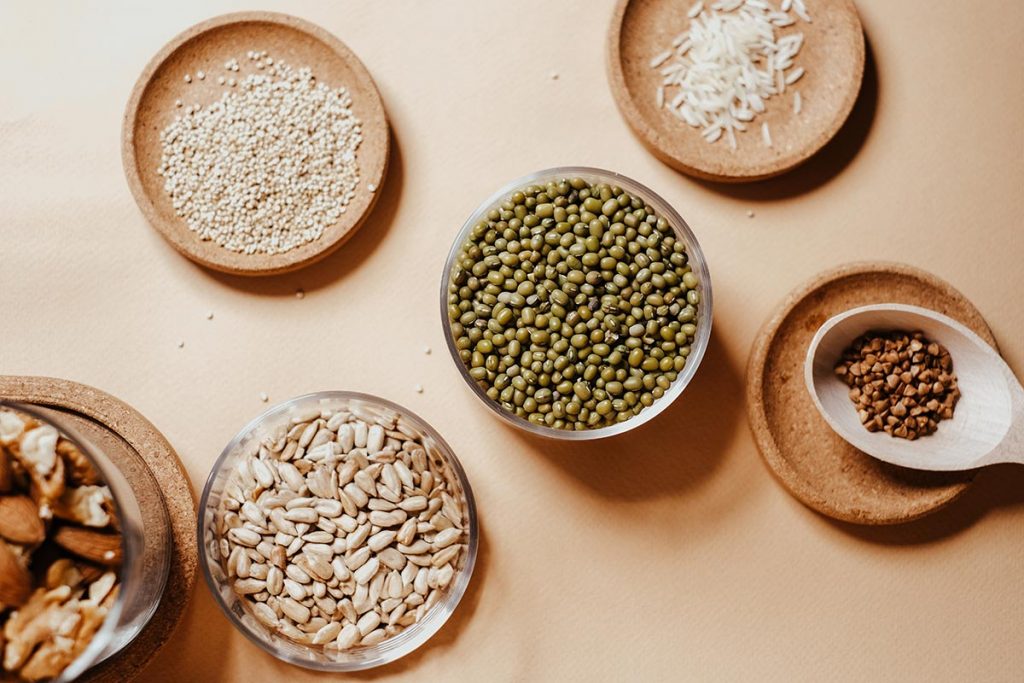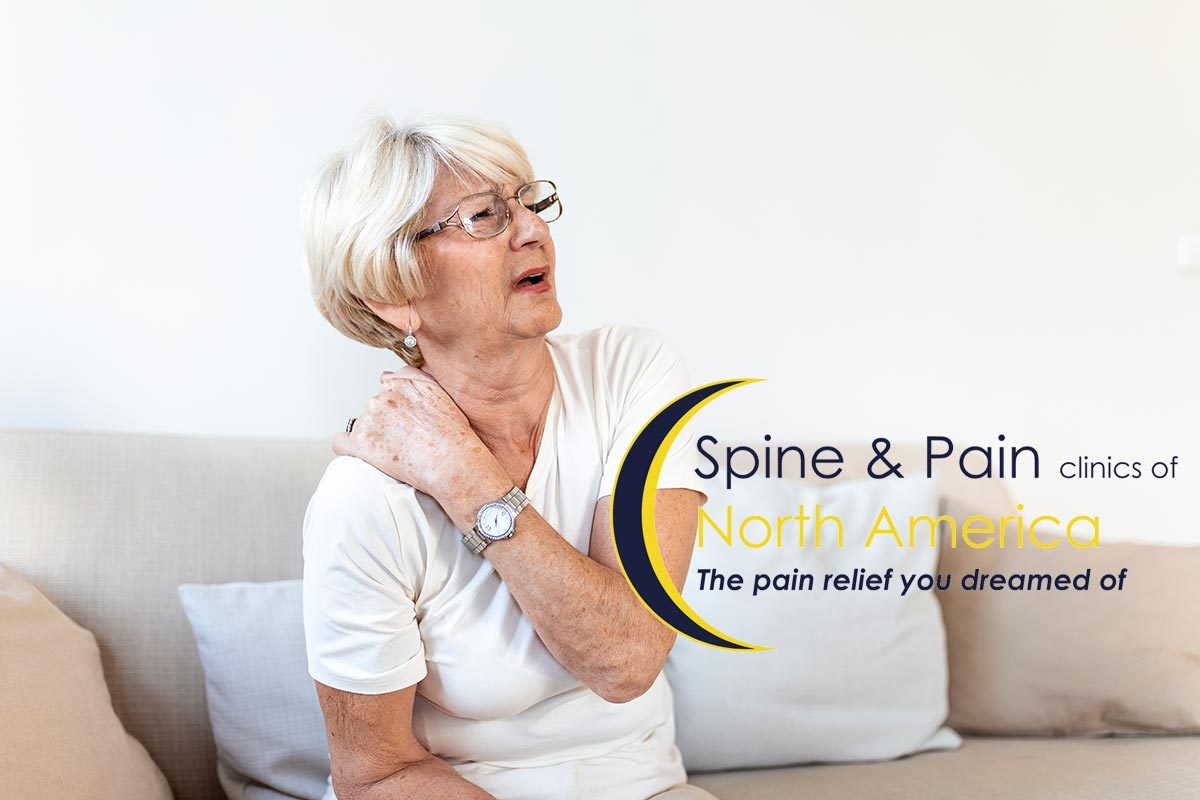Table of Contents
Living with chronic pain is mentally and emotionally stressful and can interfere with daily activities. The last thing you want to do is make the pain worse. Pain can be managed by making good choices and following the doctor’s treatment plan. However, pain management also includes knowing the things you should never do when living with chronic pain.
Avoiding Things That Make Chronic Pain Worse
Managing chronic pain is complex, and certain behaviors and decisions can worsen the condition or hinder the effectiveness of a pain specialist’s interventional treatment plan. It is important to learn what can make chronic pain worse to improve the quality of life. The following are nine things you should never do when experiencing chronic pain.
1. Ignore Your Pain
Chronic pain is not something to ignore, hoping whatever is causing the pain will heal on its own. Ignoring pain can lead to a worsening of the condition and may prevent timely diagnosis of underlying health issues. Chronic pain seldom gets better on its own because it is usually a serious medical issue that causes pain to endure for months or years.
The consequences of ignoring pain can be severe, leading to further health complications and a decrease in the quality of life. The sooner you see a pain specialist doctor for a diagnosis and treatment plan, the better.

2. Self-Diagnosis
Trying to diagnose yourself or use over-the-counter medications without consulting a healthcare professional can lead to improper treatment, drug interactions or overuse of medications (like NSAIDs), which can have long-term consequences. Just because medications are available over the counter does not mean they are safe for long-term use or safe as a treatment for the cause of your chronic pain. For example, NSAIDs can cause gastrointestinal issues like stomach pain and ulcers.
3. Avoid Physical Activity
It is tempting to rest when in pain, but total inactivity can make the pain worse over time. This is especially true for a disease like arthritis. Being inactive can cause loss of joint function. When done appropriately, exercise can help alleviate pain by strengthening muscles and improving mobility, endurance and strength. It also helps you maintain a healthy weight.
4. Catastrophize the Pain
Pain catastrophizing is believing the pain experienced will lead to the worst outcome, like experiencing pain for the rest of your life. Constantly focusing on your pain can increase stress and anxiety, which can make the pain feel more intense. Catastrophizing, or expecting the worst, can make chronic pain harder to manage emotionally and physically.
5. Skip Sleep
Poor sleep habits or insufficient rest can worsen chronic pain. Studies have found that chronic pain and sleep deficiency are related. Pain interferes with sleep, and disrupted sleep can lower the pain threshold and increase pain feelings. Practicing good sleep habits and seeking help for sleep disturbances can improve pain management.

6. Neglect Mental Health
Coping with chronic pain is exhausting in all ways. Chronic pain often affects mental health, leading to anxiety, depression, emotional strain and substance abuse. An estimated 35-45% of people experiencing chronic pain also develop depression. It is important to remember that your mental health is just as important as your physical health in managing chronic pain. Ignoring pain’s emotional and psychological impact can hinder effective treatment. Therapy, mindfulness or counseling can be crucial to maintaining a positive attitude and avoiding the mental and emotional stress of living with chronic pain.
7. Not Take Advantage of Recommended Alternative Therapies
Pain management is highly individualized. What works for one person may not work for another. Sticking to a single treatment plan without exploring alternative therapies (e.g., physical therapy, acupuncture, or cognitive behavioral therapy) may limit your recovery. Your doctor will develop a customized treatment plan encompassing multiple therapies; the combined effect can make pain management even more successful.
8. Ignore Your Diet
There is a relationship between diet and chronic pain. Pain may be due to various biological mechanisms, including inflammation, oxidative stress and glucose metabolism. Certain foods can alleviate or exacerbate chronic pain by modifying and managing these mechanisms. People experiencing chronic pain have different dietary needs than those who are not managing pain. Your doctor can recommend a nutritionist who will develop a dietary plan that addresses chronic pain, helping you understand the role of nutrition in pain management and guiding you toward a healthier diet.

Read the post “The Best Foods for Chronic Pain“
9. Fail to Follow the Pain Management Doctor’s Treatment Plan
Managing chronic pain can often take months, years or sometimes a lifetime, depending on the cause of the pain. It may be tempting at times to skip the physical therapy sessions, not take the medications as prescribed or fail to follow other guidelines. Following the doctor’s treatment plan is essential to chronic pain management, and it does take discipline to adhere to it over the long term.
Improving the Quality of Life
The goal is preventing chronic pain, but that is not always possible. However, when chronic pain develops due to injury, disease or a medical condition, preventing occurrences of debilitating pain or minimizing the pain experienced becomes the focus. Effective chronic pain management is not a one-size-fits-all solution. It requires a multi-faceted approach, including the ongoing care of a pain management doctor, mental health support, physical activity and healthy lifestyle choices. By embracing this comprehensive strategy, you can take control of your pain and improve your quality of life.
Sources
- https://www.nhs.uk/conditions/nsaids/
- https://www.nia.nih.gov/health/exercise-and-physical-activity/exercising-chronic-conditions
- https://www.sciencedirect.com/topics/medicine-and-dentistry/pain-catastrophizing
- https://www.ncbi.nlm.nih.gov/pmc/articles/PMC6879497/
- https://www.psychiatry.org/news-room/apa-blogs/chronic-pain-and-mental-health-interconnected
- https://www.ncbi.nlm.nih.gov/pmc/articles/PMC9571356/
